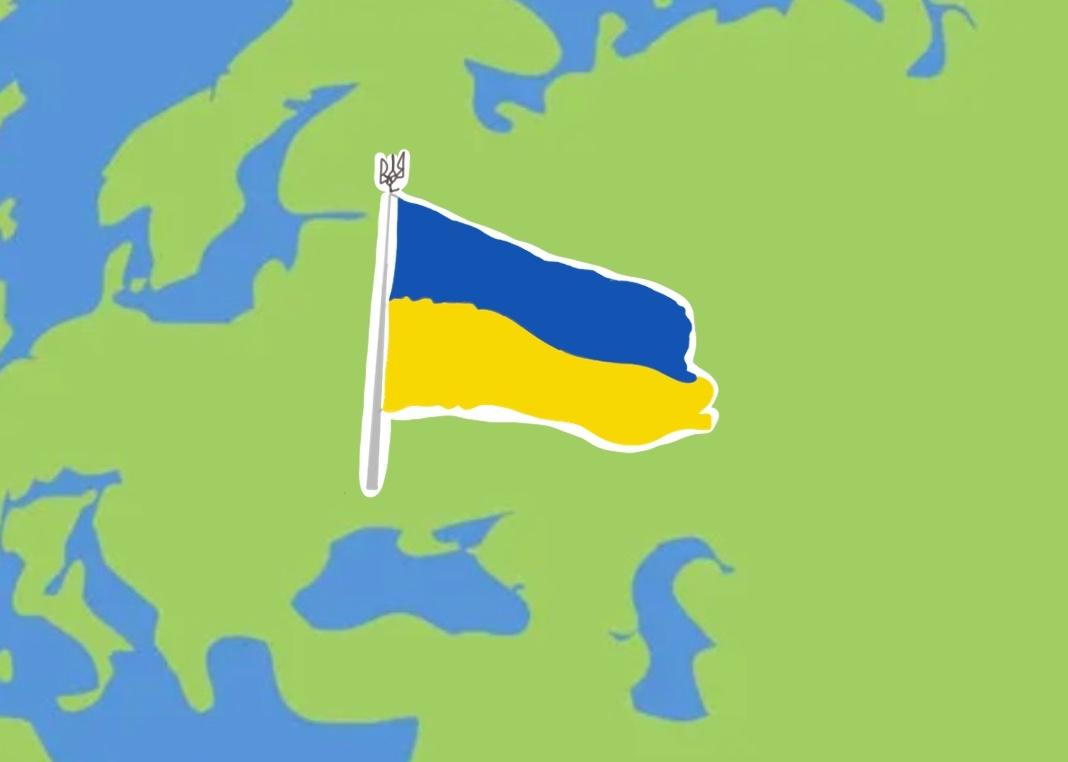This has been a difficult week for Ukraine, as international support for their defenses may be faltering.
For starters, there are clear signs of wavering support within the European Union. In Slovakia’s parliamentary elections Sept. 30, the Direction–Slovak Social Democracy (SMER-SSD), led by former Prime Minister Robert Fico, won 23 percent of the popular vote and 42 seats in the Slovak parliament, a plurality in both. SMER-SSD is a leftist populist party and touted its pro-Russia policy during the campaign. Fico has told supporters, “If SMER enters [the] government, we will not send a single round of ammunition to Ukraine.”
Although SMER-SSD would still need to find multiple other coalition partners to form a government, this result is still worrisome. Fico has the largest mandate to become the next prime minister, which could be enough to convince smaller parties to join.
Furthermore, it marks a major shift in Slovakia’s role in the conflict. Former Prime Minister Eduard Heger, who led Slovakia from the last election up until his coalition’s breakdown in May 2023, was noted for his staunch support of Ukraine. If Fico does end up leading the next government, it will signal a major U-turn in the Slovakian position on the invasion, and make Slovakia much more aligned with Viktor Orbán’s Hungary.
Coupled with rising Polish tensions due to their upcoming election, Ukraine also faces lessened support from political parties on the rise, such as the Alternative for Germany (AfD), which wants to lessen the country’s support for Ukraine. This shows an alarming sign: the longer the war goes on, the more likely opposition to international support for Ukraine grows stronger. Furthermore, most of the parties who oppose or want to lessen Ukrainian aid are opposition parties on the political extremes. With economic problems like inflation still hitting Europe relatively hard, we may see more of these opposition parties coming to power in the near future.
Next is the question of increasing aid to Ukraine from the United States, which has been put in jeopardy by former Speaker of the House Kevin McCarthy’s ousting. This is especially true after former President Donald Trump endorsed far-right Representative Jim Jordan Sept. 29 after he questioned Ukraine funding the day before, asking, “Why should we be sending American tax dollars to Ukraine when we don’t even know what the goal is?”
Former Speaker McCarthy seemed likely to bring a vote to the floor in regard to Ukrainian aid, despite not being Ukraine’s biggest supporter. With Jordan opposed to continued funding, and now having received Trump’s endorsement, he is now a much more viable candidate who could contend with higher ranking members like House Majority Leader Steve Scalise.
Overall, on both sides of the Atlantic, Ukraine’s continued support is in jeopardy.














































